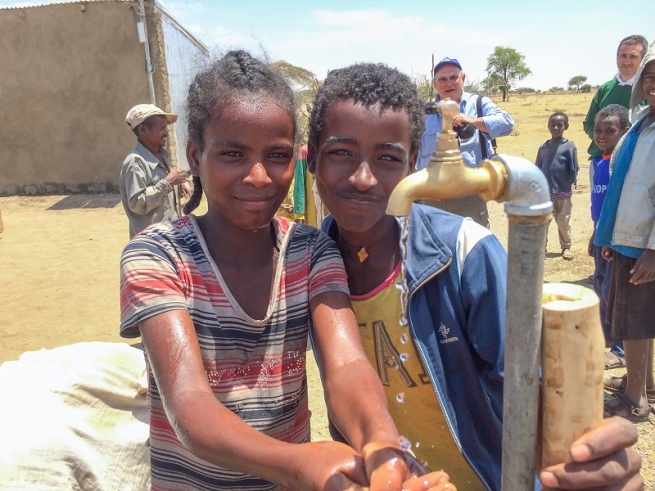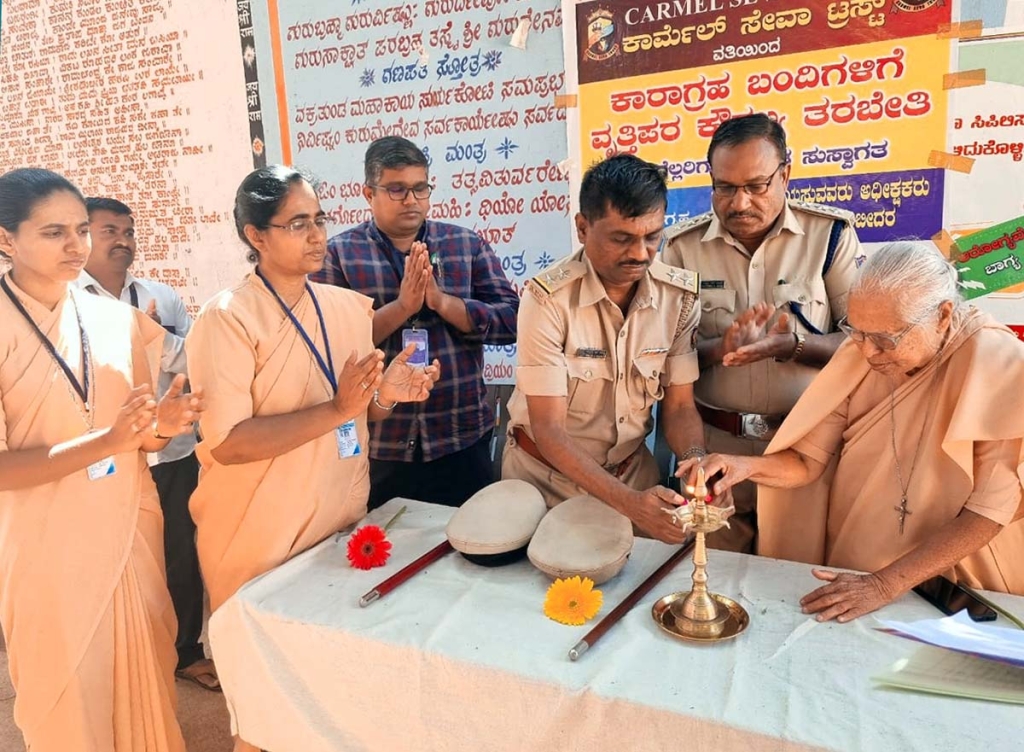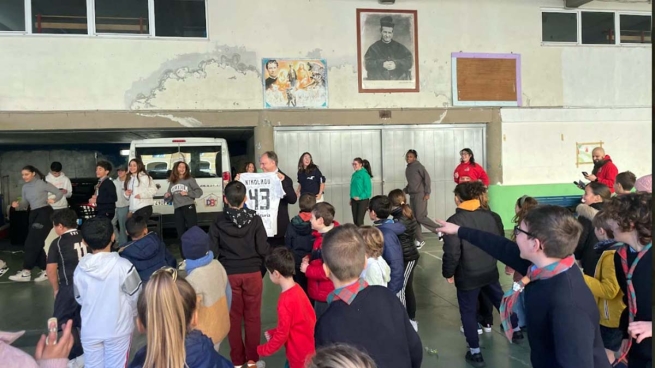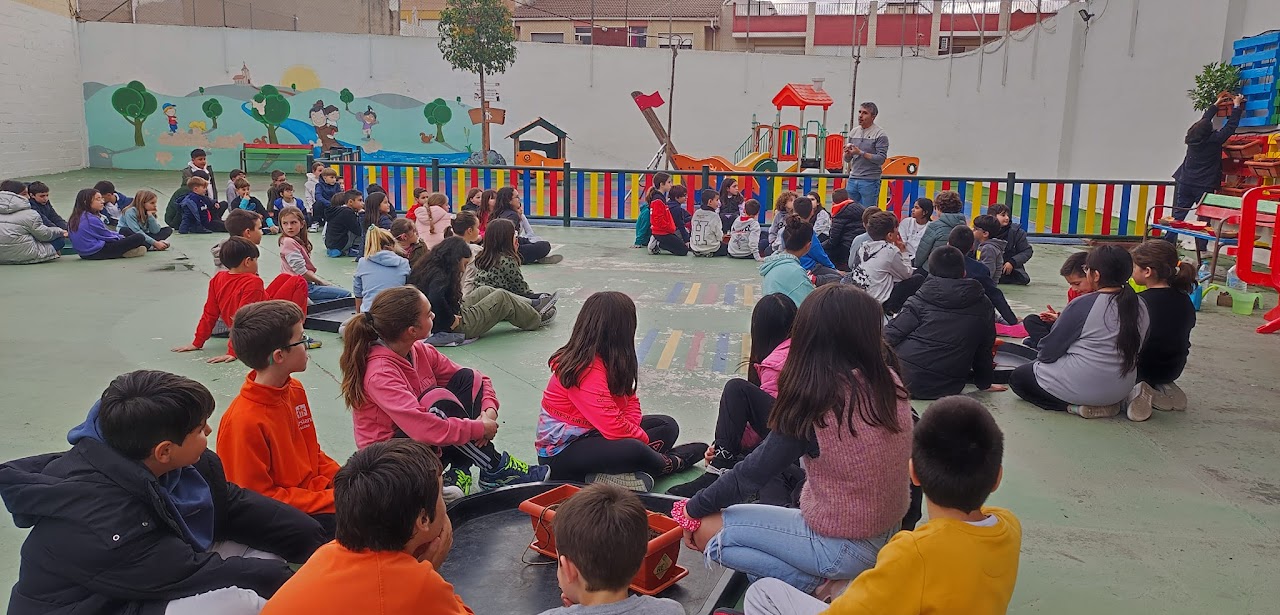ERITREA: Salesian missionaries collaborate with Italian doctor to develop new clean water source in Degra Mereto village

(MissionNewswire) Salesian missionaries in the Eritrean village of Degra Mereto, in collaboration with Dr. D’Amore, an Italian doctor who has been promoting development projects in Eritrea for years, are asking for help to build a well in the community. The village of Degra Mereto has close to 1,300 people and nearly all live in a state of geographic, economic and cultural isolation.
There is great difficulty in sourcing an adequate water supply in the area. The three wells that have been built over the years are unusable. Two are polluted and the third has a reservoir that is completely cracked. There is an urgent need to intervene immediately as residents are being forced to leave the region to find water.
Dr. D’Amore has coordinated with a team of Italian technicians to help plan the project as well as met with the head of the water department of Asmara for the required permits. Salesian Father Petros Abraha, the head of the Salesian delegation in Eritrea, has worked within the community on preliminary excavations and has connected with local village leaders regarding water management after the well is built. Once an aquifer is identified, drilling, pumping tests and chemical-bacteriological analysis can be carried out.
Salesian missionaries are now in need of funding to complete the well, install the photovoltaic panels which power the pumping system, lay the pipes and place two fountains in the different areas of the village chosen as supply points.
“Having access to clean water is essential for the health and safety of those we serve around the globe,” says Father Mark Hyde, director of Salesian Missions, the U.S. development arm of the Salesians of Don Bosco. “Improving water facilities brings a sense of dignity for the children we serve and ensures students are learning in an environment that promotes proper hygiene and has safe drinking water. This reduces the number of waterborne illnesses that can affect those in our schools, keeping them away from important study time.”
UN-Water estimates that worldwide 2.1 billion people lack access to safely managed drinking water services and by 2050, the world’s population will have grown by an estimated 2 billion people pushing global water demand up 30 percent higher than today. UN-Water also indicates that around 1.9 billion people live in potentially severely water-scarce areas. By 2050, this could increase to around 3 billion people.
For those who have no access to clean water, water-related disease is common with more than 840,000 people dying each year from water-related diseases. Women and children often bear the primary responsibility for water collection in the majority of households and globally, spend 140 million hours a day collecting water. Children in these communities are forced to walk for hours to collect drinking water—water that often proves contaminated and seriously sickens those who consume it. Many others are unable to attend school regularly because they must spend time searching for distant wells.
###
Sources:
ANS Photo (usage permissions and guidelines must be requested from ANS)
ANS – Eritrea – Water well for survival of a rural community




